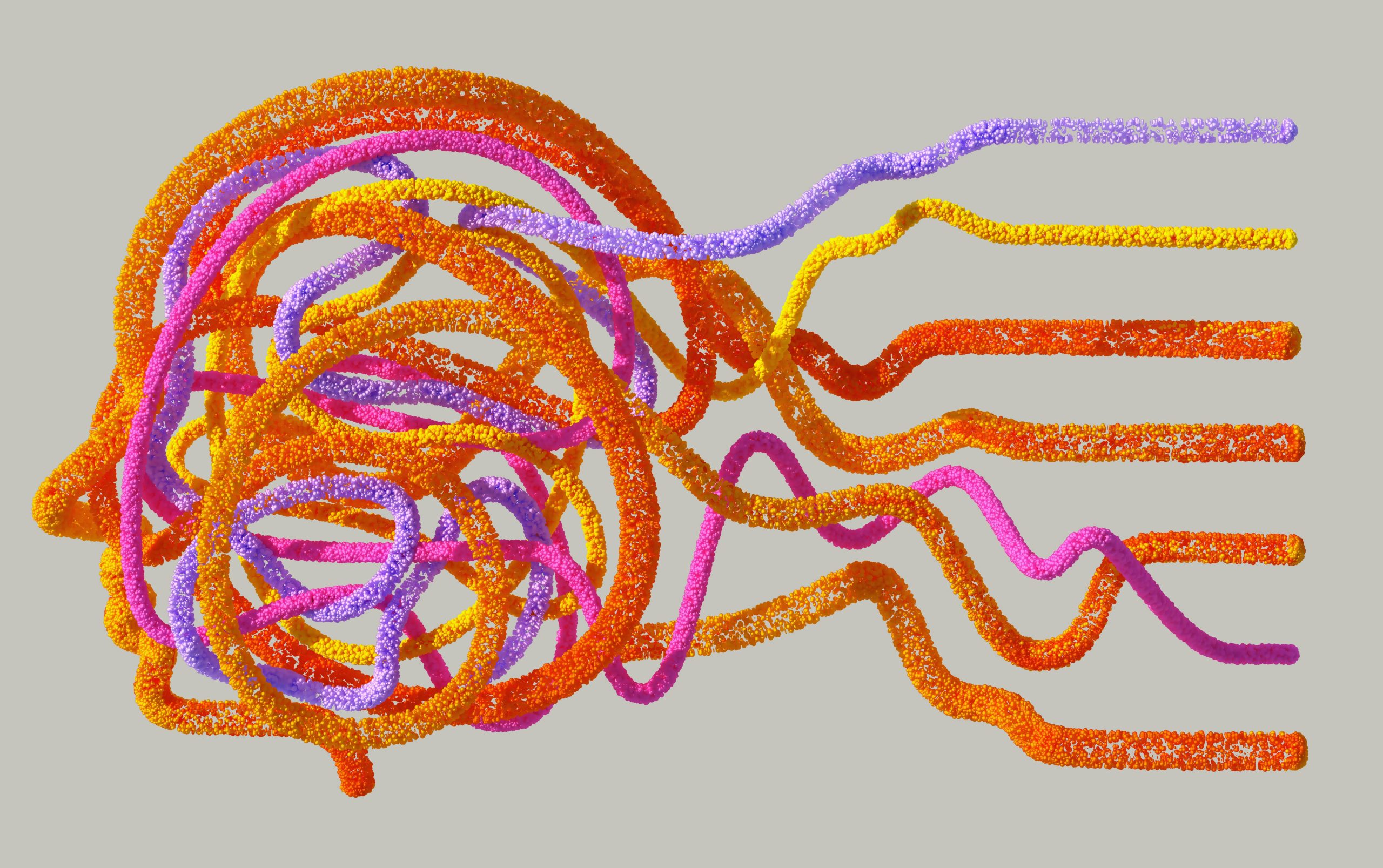OpenAI CEO Sam Altman has outlined a bold vision for artificial intelligence, predicting that autonomous AI agents will become active participants in the workforce by 2025. These AI-driven systems, capable of handling complex tasks independently, promise to reshape industries by boosting efficiency and enabling new possibilities for innovation. At the same time, Altman emphasized OpenAI’s long-term goal of developing superintelligent systems, which surpass human intelligence across all domains. He underscored the need for ethical frameworks and safety measures to guide this transformative era of AI.
The Rise of AI Agents in the Workforce
According to Altman, AI agents will soon be equipped to perform tasks that currently require significant human input. These agents will likely revolutionize sectors such as customer service, logistics, data analysis, and more. By automating repetitive and complex tasks, AI agents can increase productivity while reducing operational costs.
Altman envisions AI agents as more than just tools—they will act as collaborators capable of learning and adapting to unique business challenges. Their integration into the workforce by 2025 marks a significant leap in AI’s practical applications, indicating that businesses will soon be able to deploy autonomous systems at scale.
Companies adopting these technologies could gain a competitive edge, using AI agents to streamline workflows, improve customer interactions, and optimize decision-making processes. However, this also raises questions about the impact on employment and how workers can adapt to an increasingly AI-driven workplace.
OpenAI’s Superintelligence Ambitions
While AI agents represent a near-term development, Altman highlighted OpenAI’s broader goal of creating superintelligent systems—AI that not only matches human intelligence but exceeds it in every way. Such systems could revolutionize science, medicine, education, and countless other fields by solving problems that are currently beyond human capability.
Superintelligent systems have the potential to accelerate scientific discovery, develop life-saving medical treatments, and create technologies that were previously unimaginable. Altman believes this could lead to breakthroughs that fundamentally transform human civilization.
However, the pursuit of superintelligence is not without its challenges. Altman stressed the importance of ensuring these systems align with human values and act in ways that are beneficial to society. As the power of AI grows, so too does the responsibility to develop it ethically and safely.
Addressing Safety and Ethical Concerns
The development of AI agents and superintelligent systems raises critical ethical and safety questions. Altman emphasized that the risks associated with powerful AI cannot be ignored. Potential issues include unintended consequences, misuse by malicious actors, and the possibility of AI systems acting in ways that are misaligned with human goals.
To address these risks, OpenAI is focused on developing robust safety protocols and governance structures. This includes conducting rigorous testing, engaging in ethical research, and fostering international collaboration to ensure responsible AI development. Altman has called for the establishment of global standards and regulatory frameworks that can guide the development and deployment of advanced AI systems.
By prioritizing transparency and accountability, OpenAI aims to set an example for the AI industry. The company has also committed to involving diverse stakeholders, including policymakers, researchers, and the public, in shaping the future of AI.
Implications for Employment and Society
The rise of AI agents is likely to reshape the workforce in profound ways. While these systems have the potential to automate routine tasks, they also create opportunities for new job roles focused on AI oversight, maintenance, and governance.
Altman highlighted the importance of preparing society for this transition. Educational initiatives and training programs will be essential to equip workers with the skills needed to thrive in an AI-augmented economy. By fostering collaboration between governments, businesses, and educational institutions, the workforce can adapt to these changes and benefit from the opportunities created by AI.
At the same time, Altman acknowledged the need for thoughtful policies to address the social and economic challenges posed by AI-driven automation. Ensuring that the benefits of AI are distributed equitably will be a key priority as these technologies become more widespread.
The Path Ahead for AI
Sam Altman’s predictions signal an exciting but complex future for artificial intelligence. The integration of AI agents into the workforce by 2025 could revolutionize industries and redefine the way businesses operate. Meanwhile, OpenAI’s pursuit of superintelligence represents the next frontier in AI development, with the potential to unlock transformative possibilities for humanity.
However, these advancements come with significant responsibilities. Ensuring that AI is developed safely, ethically, and inclusively will require collaboration across industries, governments, and global organizations. By addressing these challenges proactively, OpenAI hopes to guide the development of AI in a way that maximizes its benefits while minimizing its risks.
As the world approaches this new era of AI, Altman’s vision serves as both a roadmap and a call to action. The decisions made today will shape the trajectory of artificial intelligence for generations to come, influencing not only technological progress but also the social, economic, and ethical fabric of the future.


